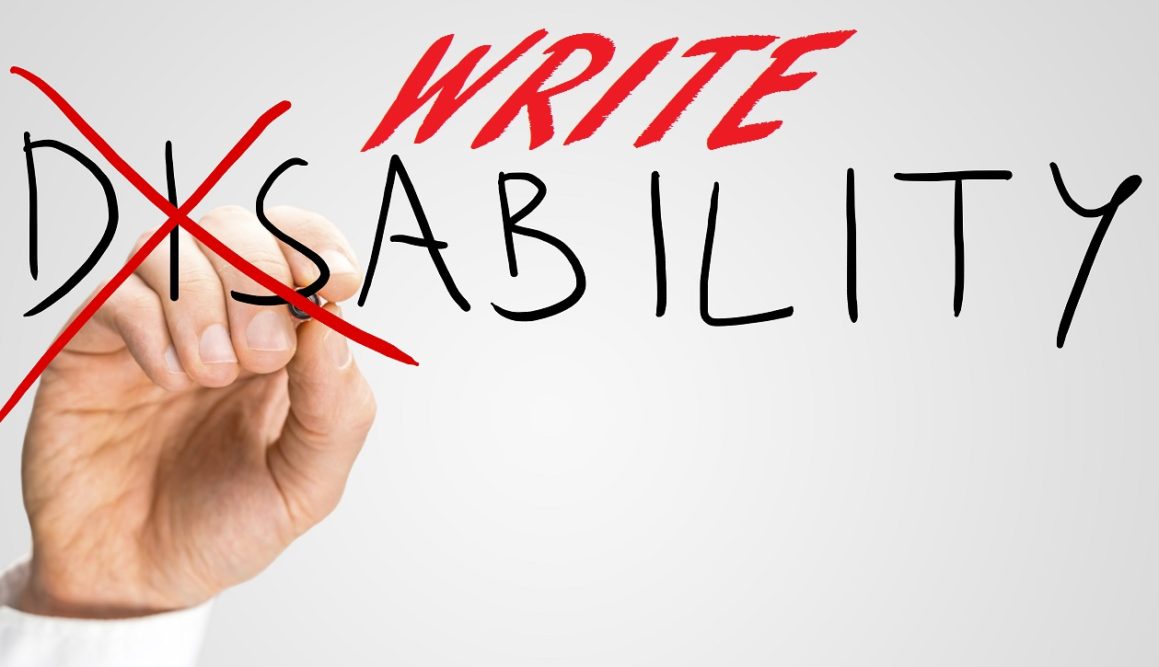Recently, I went to my local gym for a run. After I finished, a friend and another member approached me and shared how they couldn’t use the treadmill beside me. They said they were afraid I would fall because I was running too fast.
I replied that I use the treadmills to do cardio and not to walk, talk and watch TV. Shocked, my friend explained she wanted to do cardio too. The problem is she didn’t want to use the equipment the right way to do the job.
We see this everywhere in society these days. People want results, but they want to do it the easy way. Or they just don’t know how to use the right tool or know the correct equipment for the job.
Before pursuing a writing career, I worked in the manufacturing and production industries, being disabled I tend to pay more attention to safety. One of the first things I learned when I started in these fields, is to always use the right tool for the job.
The manufacturing and textile industries have been around for decades and most jobs utilize specific tools made for specific functions. These tools ensure safe work with maximum results. This train of thought has become a way of life for me. You never get maximum results by giving minimum effort.
Once you know your goal, get the right tools for the job and give it your best shot. The difference between a professional writer and novice is the professional carves out the time to write and knows how to use the right tools for the job. According to PC Magazine*, the best laptops for college students are below.
- Dell XPS13
- Asus VivoBook S15
- HP Chromebook x2
- Lenovo Legion Y530
- Lenovo Yoga 730
- Apple MacBook Air (2018)
The Tools?
Fortunately for those of us who are still trying to achieve a full-time professor writing career, we live in an age where we have countless resources, devices, and conferences to help us with our writing journeys.
While working on this post I decided to take another path for my writing career. After spending two years seeking Christian representation for my screenwriting, I realized that if my target audience is outside the church, I need to work with someone who can help me make the right connections on the path I believe I need to be on. Regardless of the path I take, there are resources to help me find the appropriate agent for the market I’m writing for. The two staples in market guides are listed below.
Over the last year, I’ve had the opportunity to work with other writers and editors who have shared with me some of the writing software they use. Here are some of the best for 2019.
If you’ve ever tried to write anything before, you’re aware of just how stressful it can be. You don’t have to be disabled like me to understand the bad side effects of stress on the body: headaches, chest pain, fatigue, upset stomachs, and insomnia are just a few.
For me, you can add an increased risk of seizures, aneurysms or strokes; which is why it’s great to live in the 21st century with increased communication and advanced technology. All of which support writers in getting the job done right.
Support?
The idea of being a nomad writer is a myth. All writers need connections and networks. This is one of the most important tools for a successful writer is attending writing conferences.
It is that there where we can get up-to-date and hands-on training from professionals who know what it takes to get the job done right. Also, it’s a great way to get advanced training in writing programs, and most importantly networking with key connections in the industry. The general rule I’ve heard is to attend at least one conference per year. There are two that I am interested in attending this year.
- Blue Ridge Mountains Christian Writers Conference (May 19-23 2019)
- Writers’ Digest Annual Conference (August 23-25 2019)
I once heard someone say, “The only difference between an athlete and a spectator is that the athlete decided to stop watching and get into the game.” Attending writer’ conferences is the best way to get into the game with the right stuff.
*Brant, T. & Burek, J. ( 2018, December 7) the Best Laptops for College Students in 2019, P.C. magazine
Martin Johnson survived a severe car accident with a (T.B.I.) Truamatic brain injury which left him legally blind and partially paralyzed on the left side. He is an award-winning Christian screenwriter who has recently finished his first Christian nonfiction book. Martin has spent the last nine years volunteering as an ambassador and promoter for Promise Keepers ministries. While speaking to local men’s ministries he shares his testimony. He explains The Jesus Paradigm and how following Jesus changes what matters most in our lives. Martin lives in a Georgia and connects with readers at Spiritual Perspectives of Da Single Guy and on Twitter at mtjohnson51.






No Comments